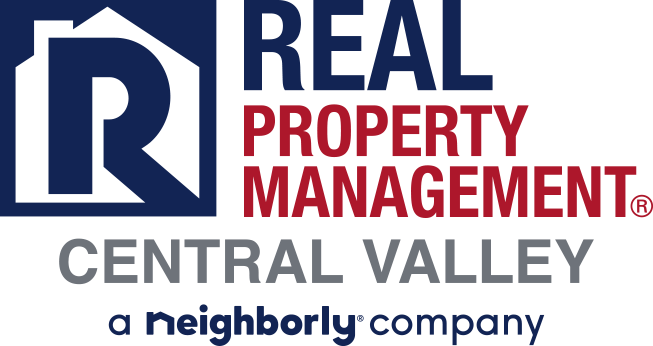Tax Cuts For Landlords – Another Reason To Buy Rental Properties

Tax cuts have been on the minds of just about everyone this year, especially in California, but the truth is that tax cuts offer major benefits to landlords.
New tax laws that went into effect this year offer a big benefit: tax cuts for landlords. That’s because those who own rental property as a business may now be able to deduct from their taxes 20 percent of rental income earned.
That can add up to thousands in tax savings. And that makes for a sweet deal if you plan to buy rental property.
Here’s an even sweeter deal: buy a two-to four-unit multi-family rental property. Then, live in one of the units as a landlord. You may be able to collect enough in rent from the other units to cover most of your mortgage payment.
Taking advantage of the new tax laws can be tricky. Learn the facts. Crunch the numbers. And get advice from a tax planner, accountant, and/or lawyer before jumping in these waters.
Verify your new rate (Feb 15th, 2018)
How landlords benefit
Mario Costanz, CEO of Happy Tax, says landlords scored a big break in the recent federal tax reform bill.
“They stand to potentially save thousands on the taxes they will file next year. The Tax Cuts and Jobs Act gives some landlords a 20 percent deduction on the income generated from their rental property,” he says.
To qualify, your total taxable income from all sources is limited: no more than $157,500 if you are single or $315,000 if you’re married. You also must operate your rental business through a pass-through entity. This means as a sole proprietor, limited liability company (LLC), partnership, or S-corporation.
Case in point: Say you own a duplex through an LLC. Your property earns $20,000 per year in net rental income. For the 2017 tax year, you would report this rental income on IRS Schedule E and pay taxes on it at your individual tax rate. If your income from all sources in 2017 is higher than $37,950 (or $91,900 if you’re married), you’d pay at least 25 percent in taxes on that $20,000. Your 2017 tax bill would then be $5,000. And you’d be left with an after-tax income of $15,000 on your rental.
“But in the 2018 tax year, you’d be able to deduct 20 percent from your $20,000 in rental income right off the top. So you’d pay taxes on only $16,000 rather than the full $20,000,” says Costanz.
More perks for rent collectors
This isn’t the only new tax benefit landlords can claim.
“If you purchase your property via a pass-through entity – such as an LLC, S-corporation, sole proprietorship, or partnership – you can further minimize your tax implications. The new tax laws have effectively brought the tax rate for pass-through entities down to 29.6 percent,” says Allen Shayanfekr, CEO/co-founder of Sharestates.
“There are also new bonus depreciation rules,” says Samuel Tae, director of International Tax for Ryan, LLC. “These allow a taxpayer to immediately deduct from their taxable income 100 percent of certain capital expenditures and property improvements.”
In other words, you can claim depreciation quicker on items you spend for your rental property. This can include things like new carpeting, replacement windows, and new security lights.
There’s another perk, too.
“Some lenders allow property managers to use rental income to qualify for loans. But this varies from bank to bank,” says Costanz.
Get Property Management Here
For professional property management in the Central Valley contact us today by calling (209) 572-2222 or click here to connect with us online.
